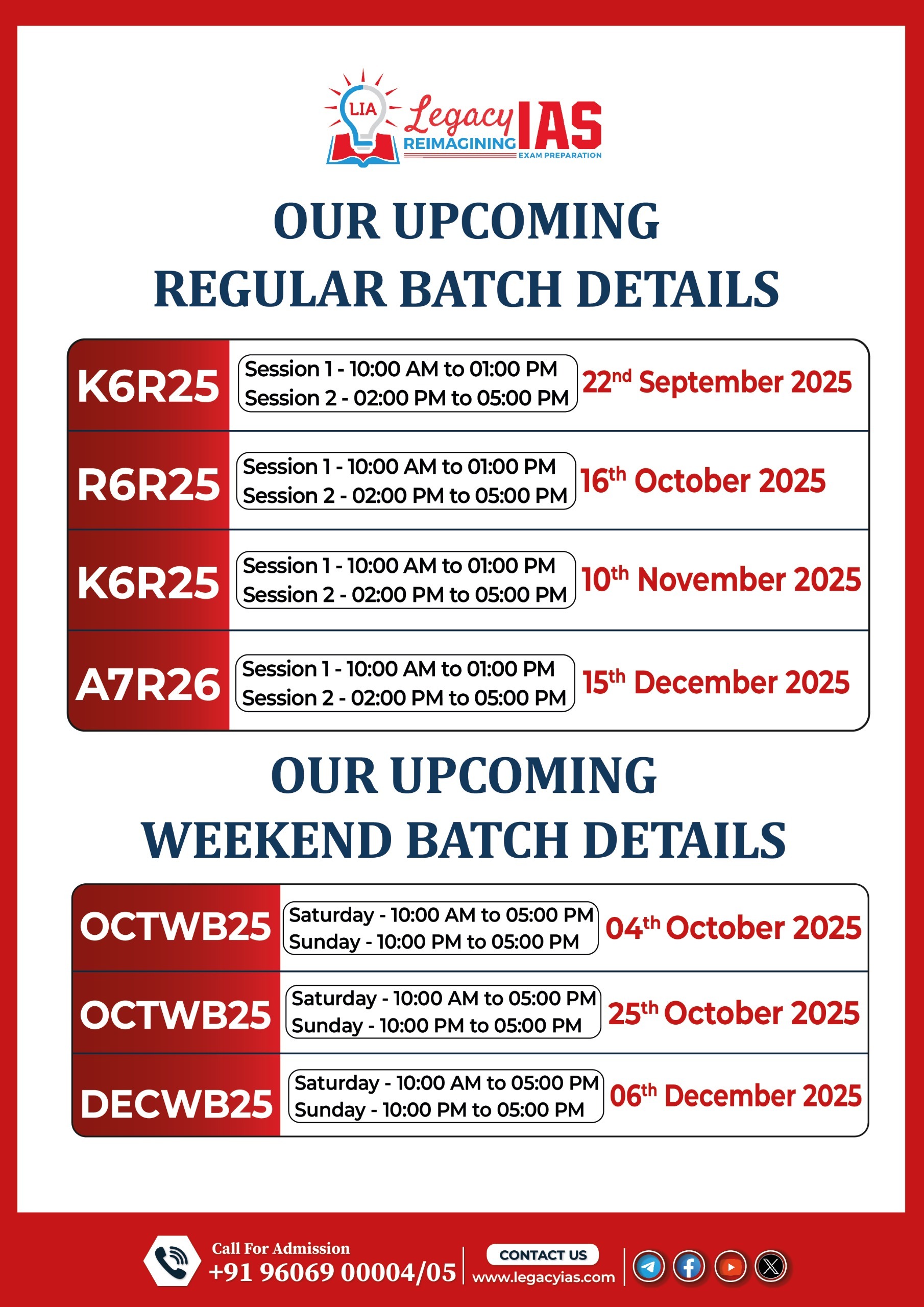Why in News
Recently, an extraordinary Virtual G20 Leaders’ Summit has been convened to discuss the challenges posed by the outbreak of the COVID-19 pandemic and to forge a global coordinated response.
The video-conference of leaders of the world’s top twenty economies was hosted by Saudi Arabia’s King Salman bin Abdulaziz Al Saud.
Key points:
- The G20 countries have voluntarily committed to inject more than $5 trillion into the global economy and contribute to the World Health Organisation (WHO) led COVID-19 solidarity response fund.
- PM Modi added that 90% of the COVID-19 cases and 88% of deaths were in G20 countries even as they share 80% of world GDP and 60% of world population.
- He called on the G20 to come out with a concrete action plan to fight the global pandemic.
- A joint statement has been issued which calls for a transparent, robust, coordinated, large-scale and science-based global response in the spirit of solidarity to come over the interconnectedness and vulnerabilities of the countries highlighted by the pandemic.
- The member countries have agreed to share timely and transparent information, exchange epidemiological and clinical data, share materials necessary for research and development and strengthen health systems globally by supporting the full implementation of the WHO International Health Regulations.
Background about G-20:
- It is an informal group of 19 countries and the European Union (EU), with representatives of the International Monetary Fund and the World Bank.
- The membership comprises a mix of the world’s largest advanced and emerging economies, representing about two-thirds of the world’s population, 85% of global gross domestic product, 80% of global investment and over 75% of global trade.
The work of G20 is divided into two tracks:
- The Finance track comprises all meetings with G20 finance ministers and central bank governors and their deputies. Meeting several times throughout the year they focus on monetary and fiscal issues, financial regulations, etc.
- The Sherpa track focuses on broader issues such as political engagement, anti-corruption, development, energy, etc.
G20 Members:
- The members of the G20 are Argentina, Australia, Brazil, Canada, China, France, Germany, India, Indonesia, Italy, Japan, Republic of Korea, Mexico, Russia, Saudi Arabia, South Africa, Turkey, the United Kingdom, the United States and the European Union.
- Spain as a permanent, non-member invitee, also attends leader summits.
Structure and Functioning of G20:
- The G20 Presidency rotates annually according to a system that ensures a regional balance over time.
- For the selection of presidency, the 19 countries are divided into 5 groups, each having no more than 4 countries. The presidency rotates between each group.
- Every year the G20 selects a country from another group to be president.
- India is in Group 2 which also has Russia, South Africa and Turkey.
- The G20 does not have a permanent secretariat or Headquarters.
Issues Discussed by G20:
- Financial markets
- Fight against corruption
- Advancement of women in job market
- 2030 Agenda for Sustainable development
- Climate Change
- Global Health
- Anti-terrorism
- Inclusive entrepreneurship



